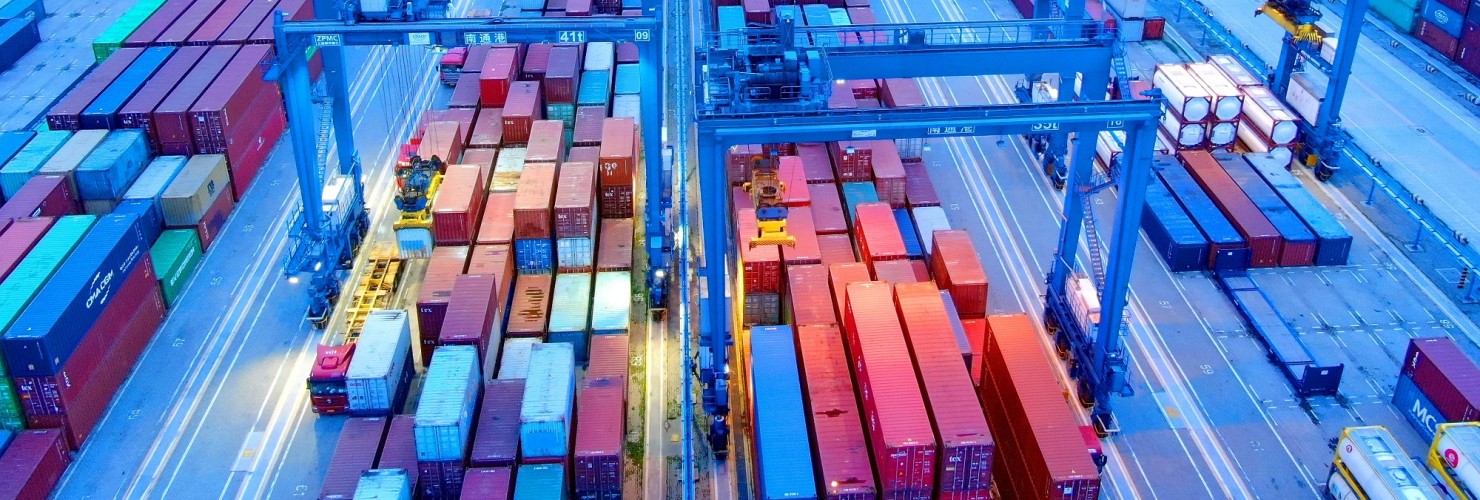

Battered in Russia, companies need to be more transparent about risks in China
Global businesses should be required to disclose more about their exposure to the Chinese market, says Max J. Zenglein, Chief Economist at MERICS.
The rapid unwinding of economic ties between Russia and liberal market democracies, most notably Europe, marks the beginning of a new era of globalization. It is only a small taste of what will be in store should our already-strained ties with Beijing ever unravel. To scale down our economic relationship over political conflicts with China seems unthinkable because it is so deep and important to both sides – but that was also said of EU-Russia ties just a few weeks ago. International companies and investors from now on will have to place a much greater emphasis on geopolitical risks when making investments and managing economic interdependencies. To do this, new tools with which to assess their exposure to authoritarian markets – and most importantly China – are needed.
Russia’s war against Ukraine is a sobering reminder that economic integration does not happen in a vacuum – ideological incompatibilities and security issues count. Who at the start of the year would have thought that international companies would soon be retreating from the Russian market, energy supplies from Russia called into question, hundreds of planes leased by Russian airlines put beyond their foreign owners’ reach? The huge cost of severely restricting economic ties with Russia was thought to be deterrent enough to prevent overt political escalation by any side. But as companies count their losses and governments scramble to deal with their dependence on Russian energy, a new reality is setting in.
Relations between China and liberal market democracies are reaching a critical juncture
The consequences for our ties with countries other than Russia are already becoming apparent. Relations between China and liberal market democracies are quickly reaching a critical juncture. Both sides’ ability to use economic ties to bridge their political differences is diminishing as decisions are increasingly driven by geopolitical and ideological factors. In a time of growing systemic conflict economic ties are at risk of falling victim to greater national ambitions. In this new reality, no one side should presume it can get away with murder because the other side will shy away from the economic costs of condemnation.
The number of possible triggers for a Russian-style unwinding of economic relations with China is rising. Next to long-standing fears of a conflict over Taiwan, the possibility of Beijing aiding Russia’s war effort brings with it the risk of escalation in the form of secondary sanctions against China by the US and the EU. International companies have already been caught up in the crossfire of recent political skirmishes. Beijing hit out against international consumer brands for complying with Western sanctions involving cotton from Xinjiang and has tried to cut off Lithuania from global supply chains over Vilnius’ position on Taiwan.
Corporate reporting about companies' exposure to China is insufficient
Growing distrust has driven European governments to assess supply-chain vulnerabilities and ramp up investment screening mechanisms and other defensive tools. But decision-making remains blurred by insufficient corporate reporting about their exposure to China – by aggregated data and patchwork information, as operations in China are often being subsumed into reporting for Asia-Pacific. In 2021, European companies alone invested over 10 billion USD in pursuit of new market opportunities and onshoring operations into China to cushion their local supply chains. US investment banks and other portfolio investors are putting billions into Chinese equity and bonds by making use of newly opened investment channels.
Global companies’ lack of transparency about their business in China is no longer timely as it hinders governments and investors from assessing the potential risks they are exposed to. One solution would be to oblige listed companies – and potentially strategically relevant unlisted ones – to publicly disclose their exposure to China. This new mandatory reporting should include China-related revenues, profit, supply-chain dependence, investment and research footprints – as well as any ties to the Chinese Communist Party.
Foreign companies should remain free to seize the many opportunities China still offers. But the rising political risk to which they are exposing themselves needs to be priced in properly. Let’s hope what happened with Russia never repeats itself with China, but once again ignoring that kind of risk won’t help.
China is already drawing conclusions – worried about a harder stance by liberal market democracies and sanctions on technology and capital like Russia, it looks set to accelerate its drive for self-sufficiency. Its full-scale decoupling won’t happen immediately, of course. But Russia has accelerated the process.

